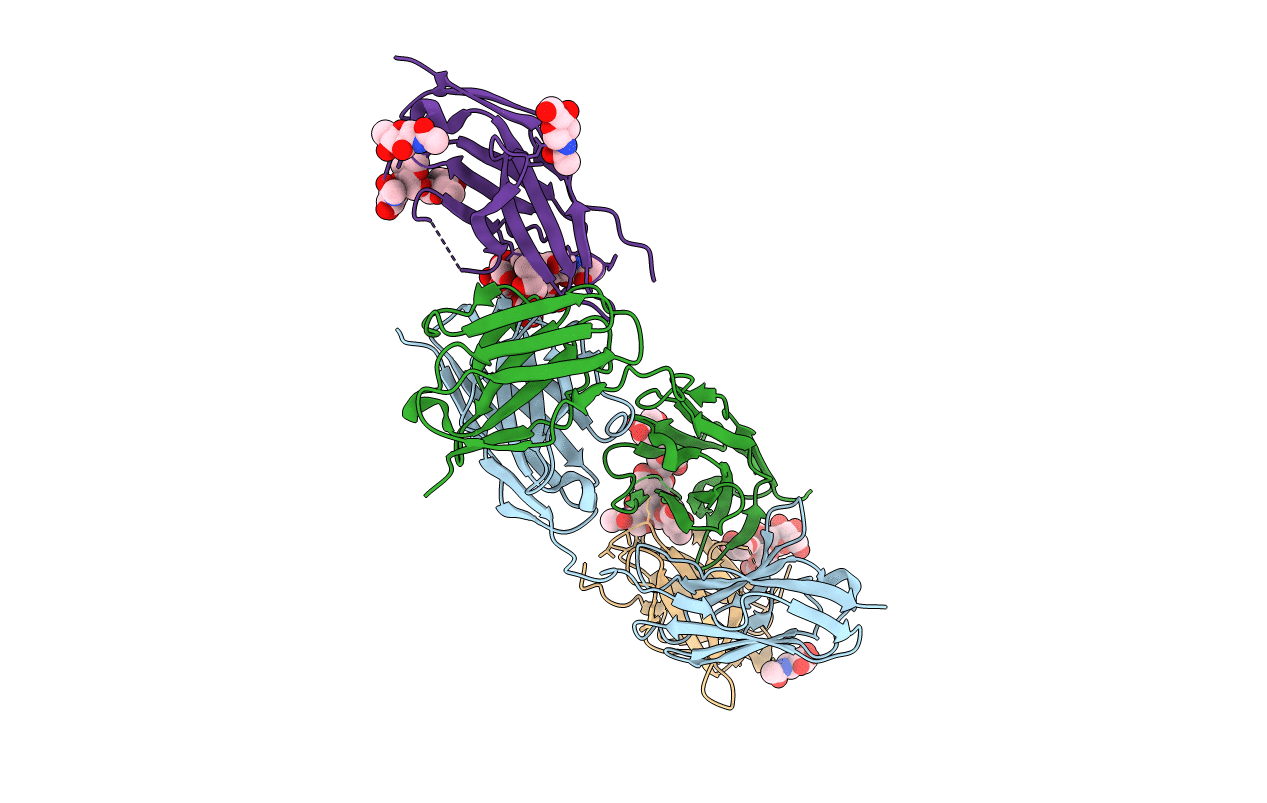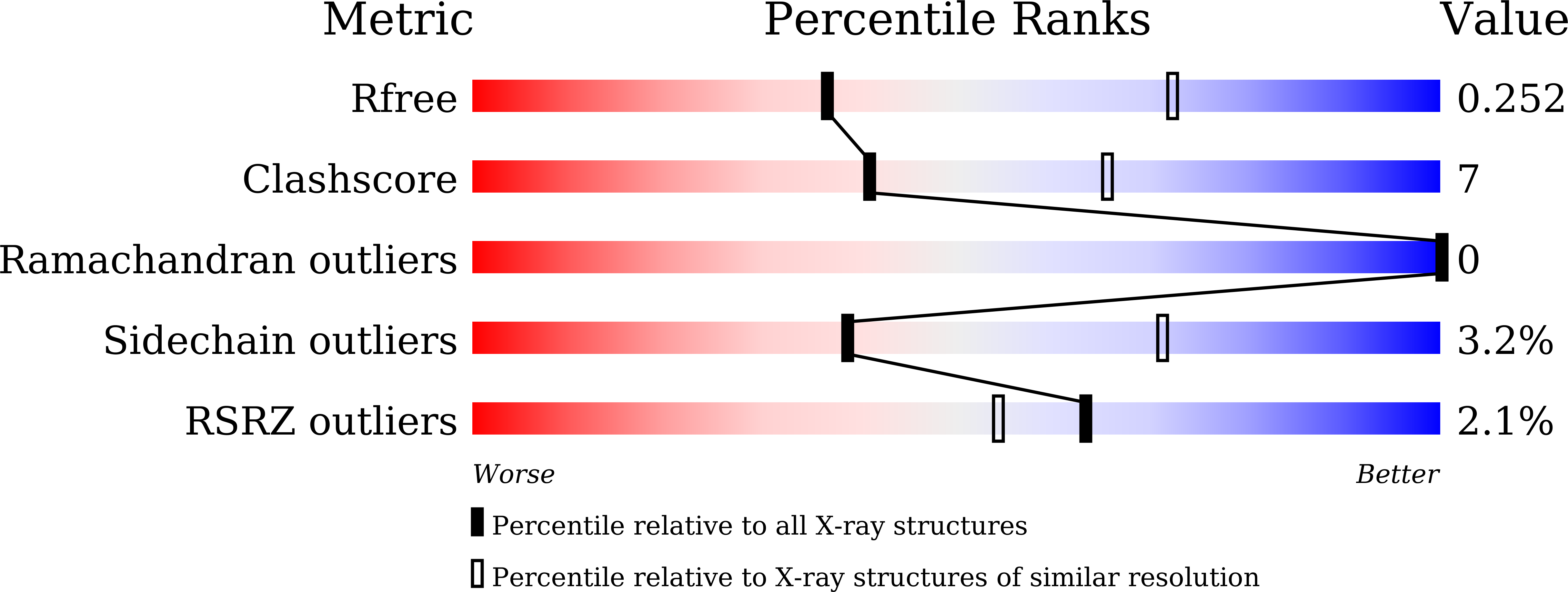
Deposition Date
2020-08-21
Release Date
2020-10-14
Last Version Date
2024-10-30
Entry Detail
PDB ID:
7CU5
Keywords:
Title:
N-Glycosylation of PD-1 and glycosylation dependent binding of PD-1 specific monoclonal antibody camrelizumab
Biological Source:
Source Organism(s):
Homo sapiens (Taxon ID: 9606)
Expression System(s):
Method Details:
Experimental Method:
Resolution:
2.81 Å
R-Value Free:
0.25
R-Value Work:
0.21
R-Value Observed:
0.21
Space Group:
P 1


